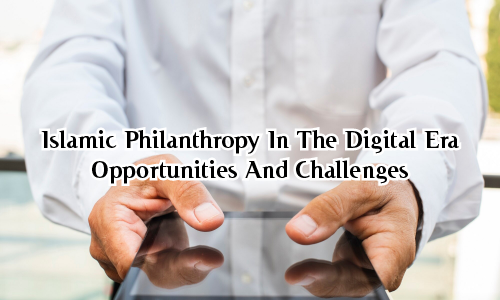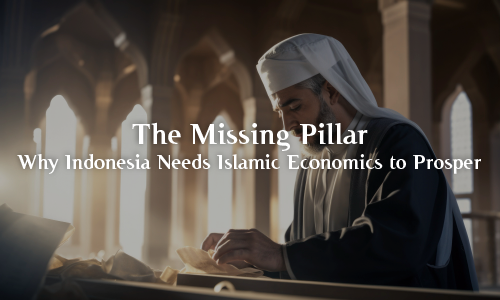
Summary: In Indonesia, while the majority of the population follows Islam, conventional banks still have a larger customer base compared to Sharia-compliant banks. Understanding what influences customers' decisions to choose Sharia banking, particularly in mobile banking, is essential. Culture and religion significantly shape consumer behavior, as Islamic banking operates under a Sharia-compliant financial system that prohibits interest (riba) and follows principles set by the Indonesian Ulema Council (MUI). Sharia banks also play a social role in distributing charitable funds. A survey of 1,162 mobile banking users in Indonesia found that 41.26% strongly agree that Islamic products and services influence their use of Islamic mobile banking, as Sharia compliance enhances trust and customer interest. Studies show that adherence to Sharia principles fosters confidence in mobile banking services, making Sharia compliance a crucial factor in increasing customer engagement with Islamic banking.
In Indonesia, the majority of the population adheres to Islam. However, conventional banks have a larger clientele compared to Sharia-compliant banks, as many people tend to prefer conventional banking services. Therefore, understanding the factors that influence customers' intentions to choose Sharia banking, particularly in the context of Islamic mobile banking, is essential. In today's era, culture plays a crucial role as a primary influencer in shaping beliefs and behavioral outcomes. Religion, acting as a subculture, significantly impacts an individual's emotions, experiences, thoughts, behavior, and consumer psychology. In the field of Islamic banking research, religious aspects hold considerable significance, especially in Indonesia, where Islamic banks are deeply intertwined with religious values. These banks operate under a Sharia-compliant financial system, which prohibits the receipt of interest on loans, commonly referred to as riba.
Read More Article

















